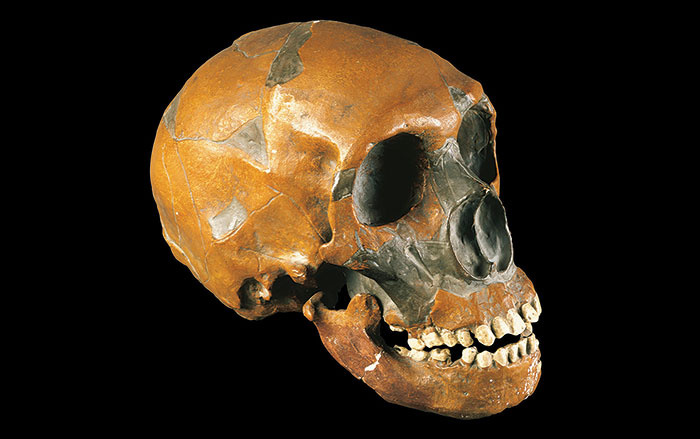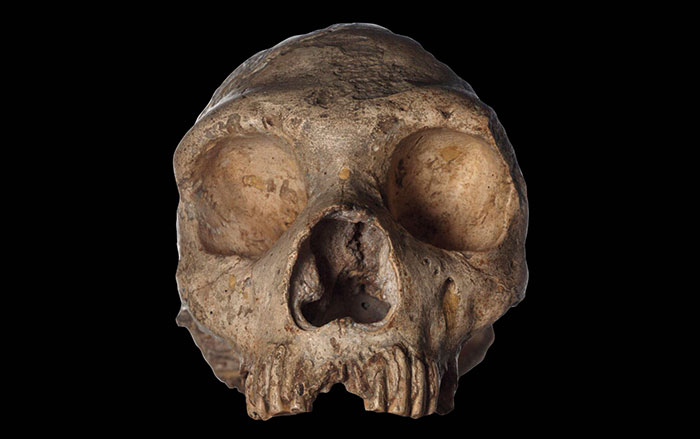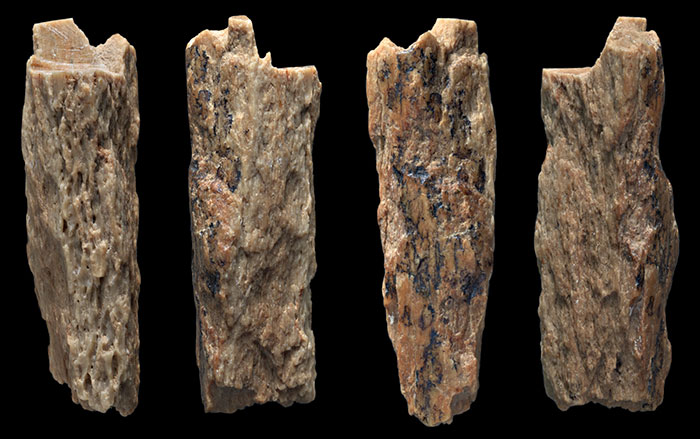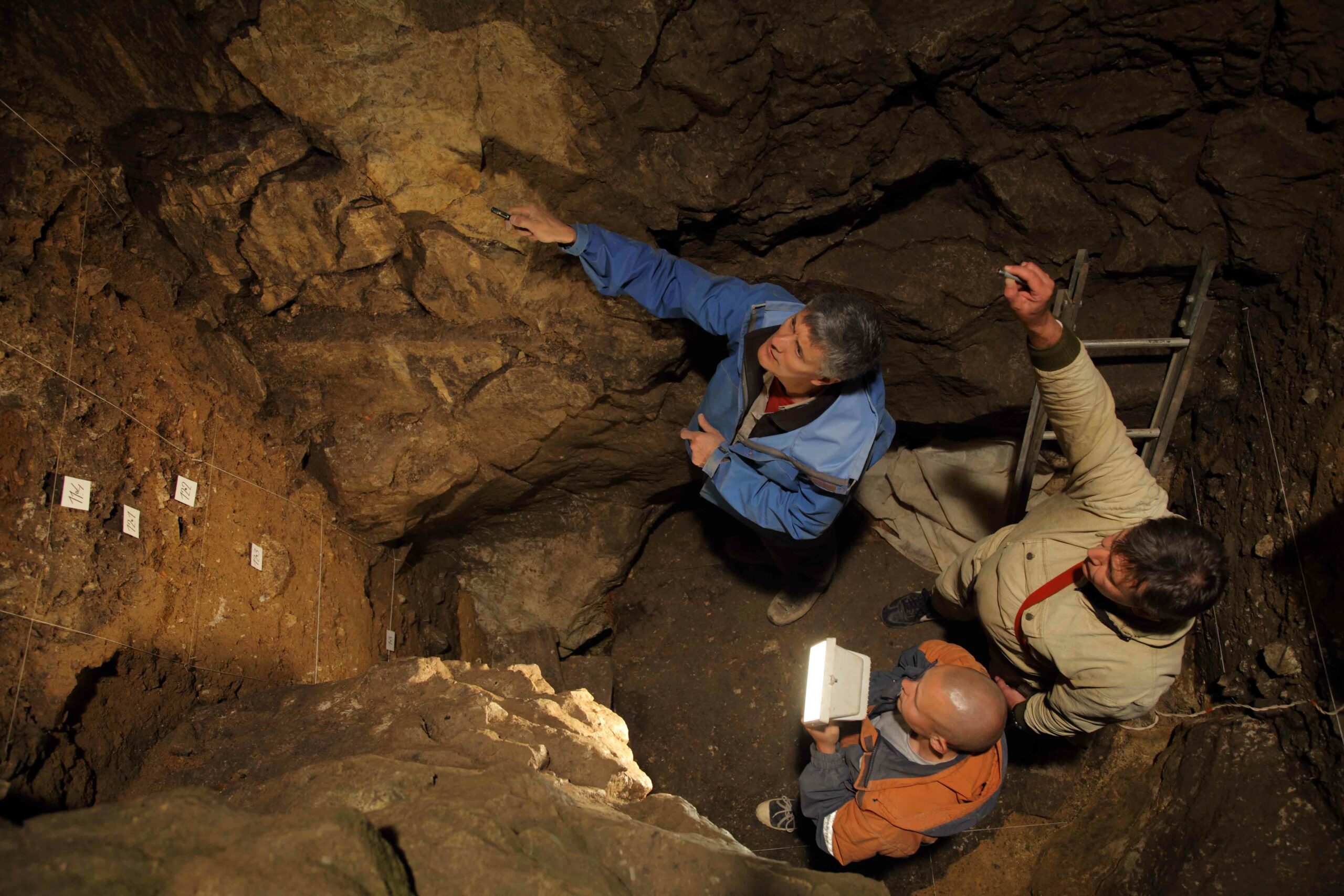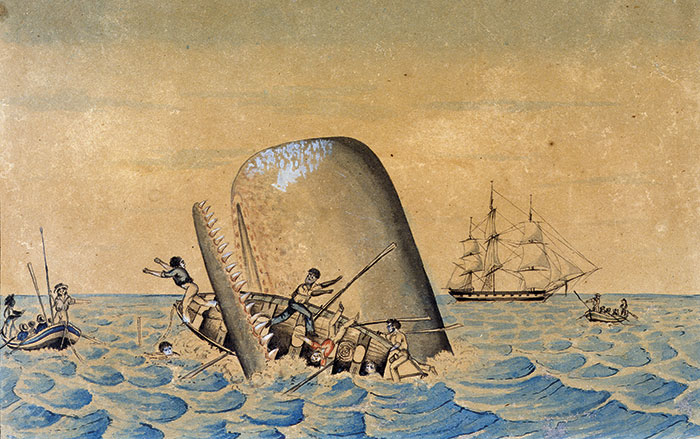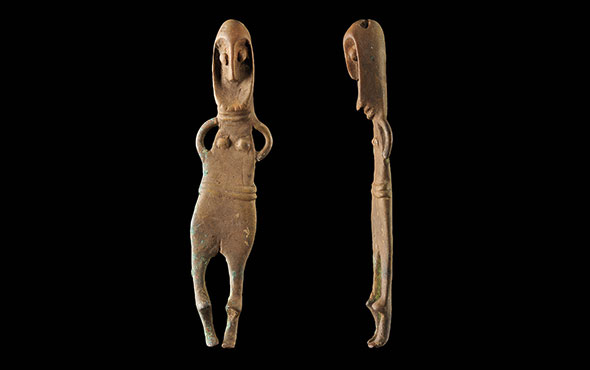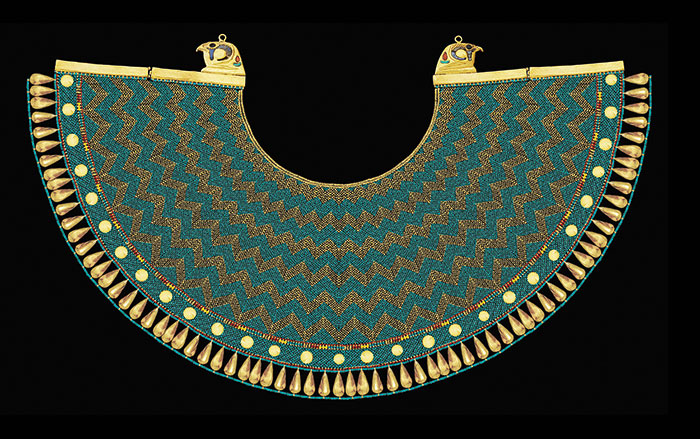
BOCA RATON, FLORIDA—According to a statement released by Florida Atlantic University, DNA analysis of the remains of two individuals who lived some 1,000 years ago in northeast Brazil has yielded new information about the migration routes of humans in South America. A multidisciplinary team of archaeologists, biologists, and computer scientists has now compared the genomes of these ancient Brazilians to ancient and present-day genomic data taken from people in northeast and southeast Brazil, Uruguay, and Panama, and found distinct relationships between them. Archaeological evidence for the initial peopling of the Americas indicates that Indigenous peoples migrated from the north into South America. The researchers' new findings suggest that Indigenous people also settled along the Atlantic coast of South America about 1,000 years ago, after the peopling of the Pacific coast and the Andes occurred. The team also identified Denisovan and Neanderthal ancestry in the DNA of the ancient individuals sampled. To read about ancient populations who migrated to the Yucatán Peninsula from South America some 5,600 years ago, go to "The Great Maize Migration."


